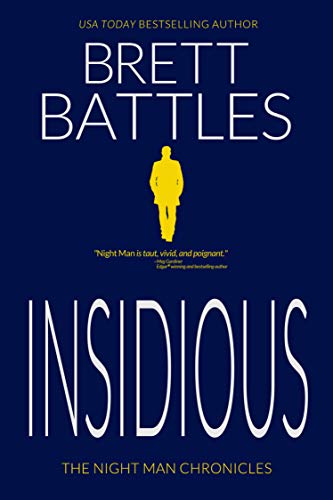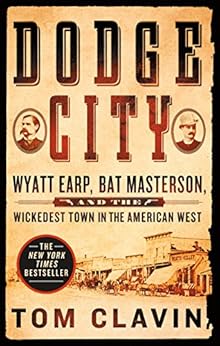Artist Scott McCloud writes of his friend Kurt Busiek and their enjoyment of comics as teenagers. He says they wrote a series together of an epic battle that destroyed their high school and many landmarks of their Lexington, Mass, hometown. He and Busiek had an agreement, he says, that he would write critically acclaimed comics and Busiek would write the popular stuff that made money, but with Marvels Busiek has produced an award-winning, fan-loving hit that has sold like lemonade on hot day in a freedom-loving town in these blessed states of America.

Marvels tells the human side of living in New York City with superheroes, aliens, and mutants emerging in the world. Photographer Phil Sheldon hopes to land a gig as a war correspondent, but when the offer comes, he declines because The Human Torch and The Sub-Mariner have begun to fight through the skies of their city.
“… repeat the latest developments: The Human Torch had imprisoned The Sub-Mariner beneath a sheet of flame in an update reservoir, but the undersea dynamo freed himself — even as the Army bombed his fiery prison!”
Phil: “Blast them! Look at us — just sitting here waiting! There isn’t a thing we can do — and this is our city! Our world! Who gave them the right to just come in and take it away from us?!”
Over four collected issues, Phil works through varying emotions about the “Marvels,” his term: who or what they are, public reaction, and his own responsibilities. He doubts, he fears, he falls into public outrage at the mutant X-men and hurls a brick at Ice-Man. Then he rallies and writes a book about them that features his photography.
I looked up this series collection after listening to a Stitcher podcast based on it. Marvels reads a bit like the story of a Frenchman who survives WWII rolling overtop of him. It doesn’t tell much of the many stories it references. We just see something blow up down the street and empowered people we may or may not recognize rushing toward it.
In one conflict between Galactus and The Fantastic Four that appears to spell the end of the world, Phil runs home to spend whatever minutes he has left with his wife and kids. But the world doesn’t end, because the Marvels save it with every ounce of skill and luck they have.
The book doesn’t end on that note, because not every hero’s story moves from victory to victory, and Phil’s emotional turns flow naturally as he and the world react to many fantastic events. Fans of golden age comic book superheroes will love this gorgeously produced tale of a photographer who fights to see to wonder in the age of supers.






